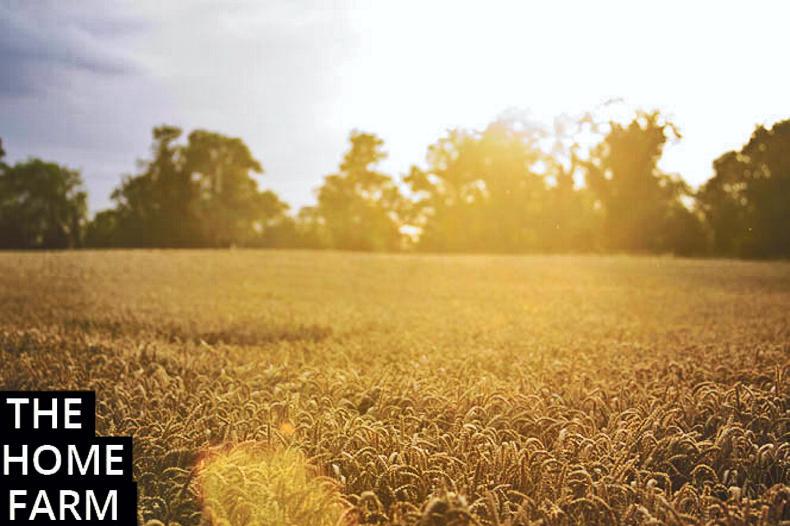This week, we let a pen of light weanlings out by day. Never before have I consciously grazed land in January but as I mentioned last week, we have a bank of grass built up.
It is too advanced for ordinary slurry application using the splash plate and, while I could use a dribble bar and hope that it can be grazed successfully soon after, I am reluctant to experiment.
While this weather lasts we will graze by day and spread slurry on the grazed paddocks and rotate as long as we can.
The mild weather has encouraged what seems to be an epidemic of chickweed in patches in some of the fields but a new-sown ley of about 20ac is the worst with large areas of the weed.
It should be relatively easy to kill off, though again I will have to take advice on when is the best time to spray.
In the seed wheat following the beans, there are always some volunteer beans which are easily sprayed off and eliminated in the late February/early March period.
With the good straw prices last autumn, I sold all the straw including after the oilseed rape so I will have done nothing to build up the P and K levels by incorporating back chopped straw
This year it is not nearly so clear-cut – the volunteer beans are growing vigorously and in isolated places look as if they might smother the wheat alongside them.
I know I always panic slightly when I see a vigorous infestation of volunteers but this year, it’s all happening much earlier.
I also face decisions on timing the first nitrogen application on the cereals and oilseed rape.
With the good straw prices last autumn, I sold all the straw including after the oilseed rape so I will have done nothing to build up the P and K levels by incorporating back chopped straw; while I did try to spread slurry around the tillage ground to the greatest extent possible, I am conscious that the sooner the P and K and a little nitrogen goes out, the better.
Some of the winter barley has a pinched, yellow look – especially where it followed the same crop last year.
The dry spell has also meant that water levels in the ditches have markedly dropped and unusually for this time of the year, land drains have stopped flowing into the ditches.
Read more
Home Farm: a slurry dilemma
Watch: drainage works commence in Monaghan
This week, we let a pen of light weanlings out by day. Never before have I consciously grazed land in January but as I mentioned last week, we have a bank of grass built up.
It is too advanced for ordinary slurry application using the splash plate and, while I could use a dribble bar and hope that it can be grazed successfully soon after, I am reluctant to experiment.
While this weather lasts we will graze by day and spread slurry on the grazed paddocks and rotate as long as we can.
The mild weather has encouraged what seems to be an epidemic of chickweed in patches in some of the fields but a new-sown ley of about 20ac is the worst with large areas of the weed.
It should be relatively easy to kill off, though again I will have to take advice on when is the best time to spray.
In the seed wheat following the beans, there are always some volunteer beans which are easily sprayed off and eliminated in the late February/early March period.
With the good straw prices last autumn, I sold all the straw including after the oilseed rape so I will have done nothing to build up the P and K levels by incorporating back chopped straw
This year it is not nearly so clear-cut – the volunteer beans are growing vigorously and in isolated places look as if they might smother the wheat alongside them.
I know I always panic slightly when I see a vigorous infestation of volunteers but this year, it’s all happening much earlier.
I also face decisions on timing the first nitrogen application on the cereals and oilseed rape.
With the good straw prices last autumn, I sold all the straw including after the oilseed rape so I will have done nothing to build up the P and K levels by incorporating back chopped straw; while I did try to spread slurry around the tillage ground to the greatest extent possible, I am conscious that the sooner the P and K and a little nitrogen goes out, the better.
Some of the winter barley has a pinched, yellow look – especially where it followed the same crop last year.
The dry spell has also meant that water levels in the ditches have markedly dropped and unusually for this time of the year, land drains have stopped flowing into the ditches.
Read more
Home Farm: a slurry dilemma
Watch: drainage works commence in Monaghan






 This is a subscriber-only article
This is a subscriber-only article










SHARING OPTIONS: